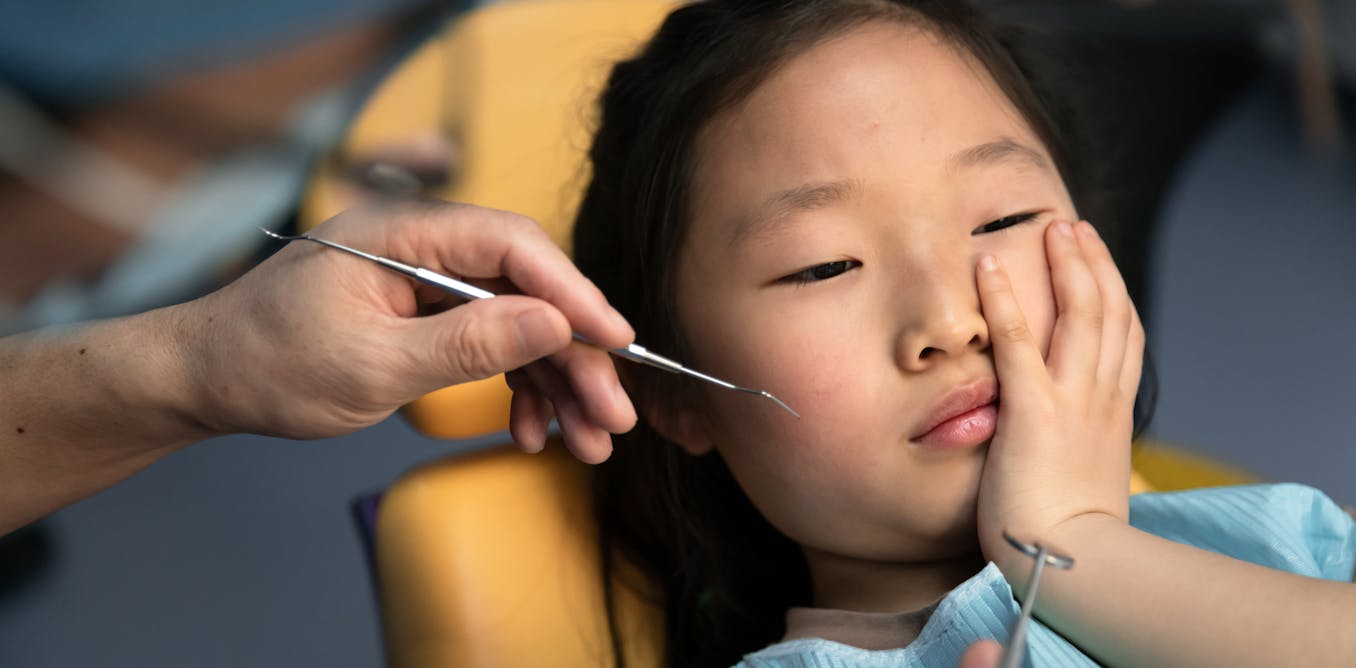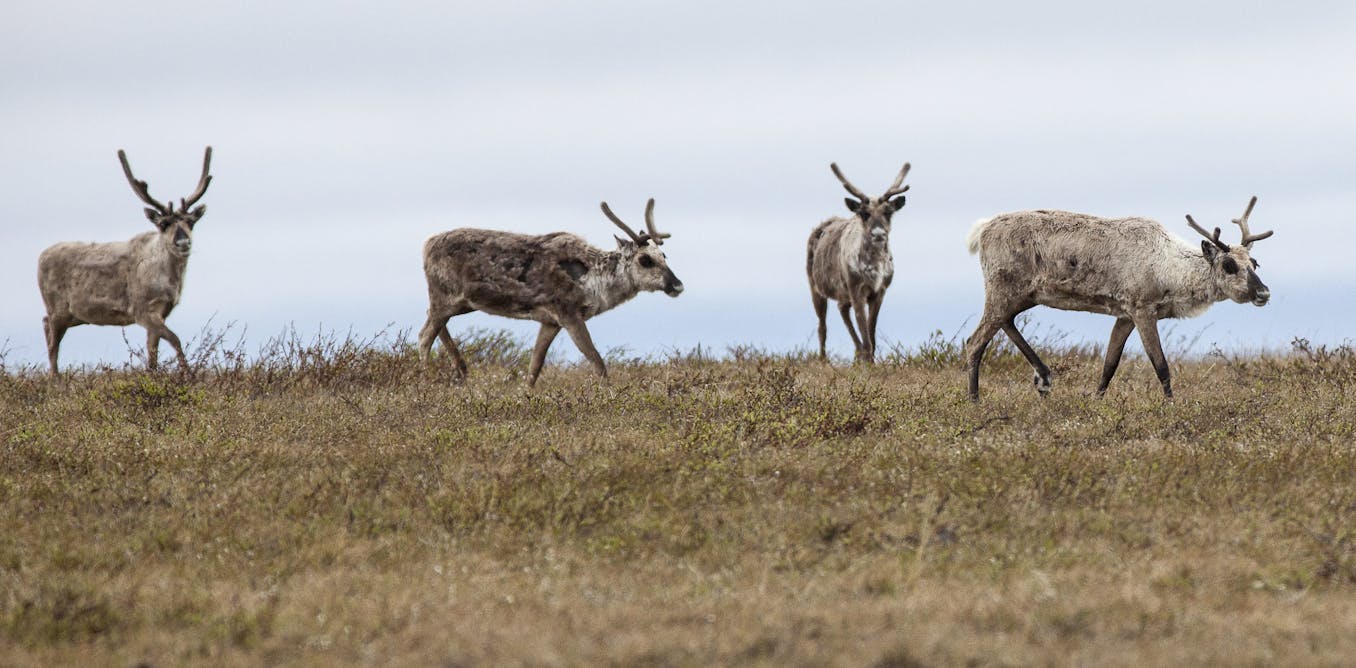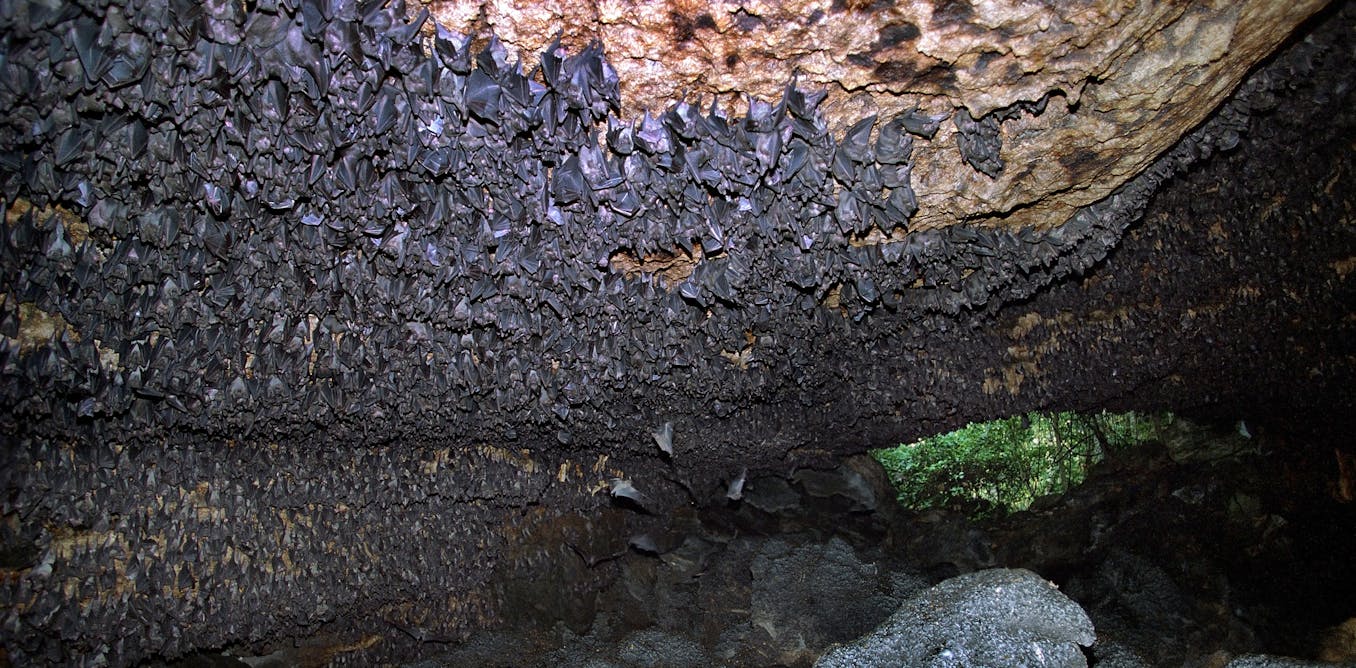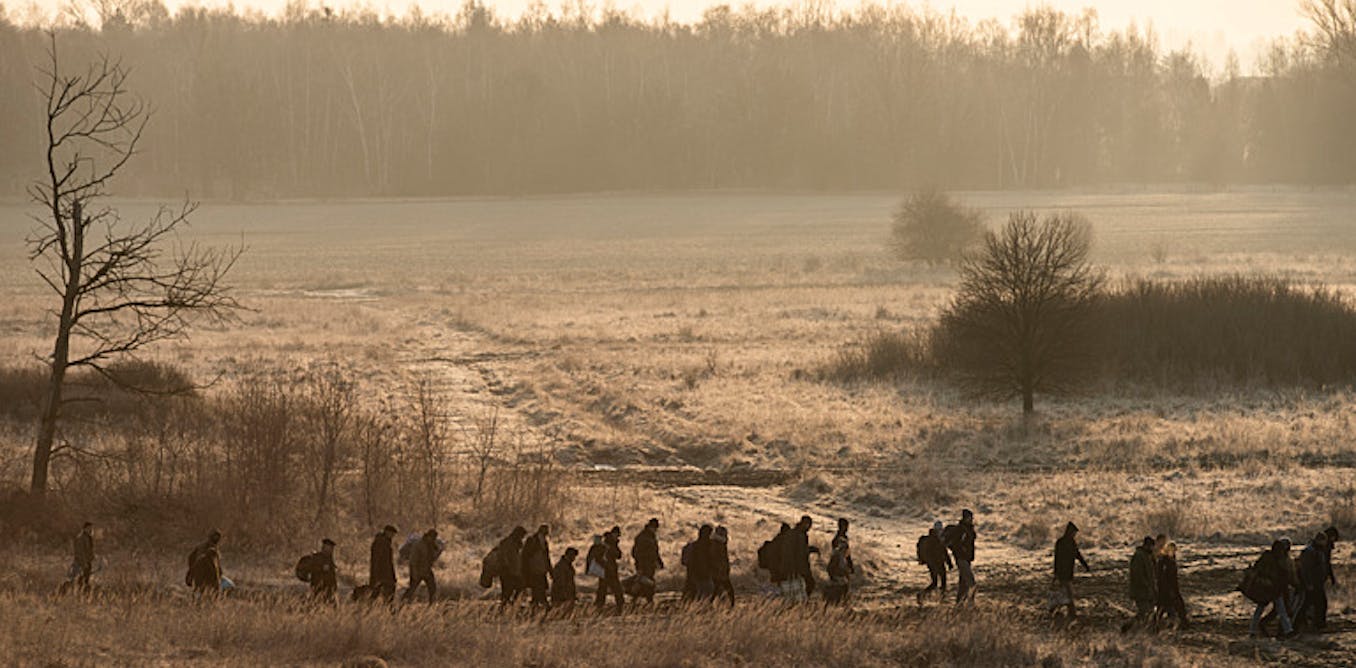When he was 18 years old, Ike Nnaebue left his home nation Nigeria for Europe. But the dangers forced him to give up in Mauretania. Now, he’s now back on the same migration route. This time, as a filmmaker.
These days, Ike Nnaebue is a famous “Nollywood” director, a prominent representative of Nigerian film. When he tried to emigrate to Europe in 1998, he couldn’t see a future for himself in Nigeria. Like so many young people in Africa, he dreamed of a better life in Europe – financially, at least. Now, camera in hand, he’s taking the same journey from Nigeria via Benin, Burkina Faso, Togo, Mali and Mauretania to Tangier in Morocco. Along the route he meets men and women who’ve turned their backs on their homes and who are intent on trying their luck in Europe – despite all the risks and obstacles.
Back in 1998, Ike Nnaebue gave up on his plans after meeting a stranger who warned him of the dangers. Ike ended his journey there and then – and never got as far as Europe. But returning to Nigeria without any money was out of the question. Ike Nnaebue spent two years in Gambia, where he was able to work on several theater and film productions. At the age of 21, he knew what he wanted to do with his life and went back to his family.
Nowadays, social media and TV reports show just how dangerous migration can be, with cases of enslavement, abuse and other crimes committed against those who undertake a journey of this kind. Stories that are impossible to ignore. That’s why Ike Nnaebue decided to retrace his footsteps and try to understand why so many young Africans are still prepared to risk everything for a better life.
#documentary #dwdocumentary #nigeria #morocco #europe
______
DW Documentary (English): https://www.youtube.com/dwdocumentary
DW Documental (Spanish): https://www.youtube.com/dwdocumental
DW Documentary وثائقية دي دبليو (Arabic): https://www.youtube.com/dwdocarabia
DW Doku (German): https://www.youtube.com/dwdoku
DW Documentary हिन्दी (Hindi): https://www.youtube.com/dwdochindi
My name is Ike Nnaebue. I am a filmmaker and a cultural entrepreneur from Lagos, Nigeria. I’m about to embark on a journey to retrace my coming-of-age. To reflect on my own youth, I will meet West African youth migrating today and try to understand their challenges and hopes
As well as the choices they make. The story I tell will be like a switch of timelines. It seems like a lifetime ago. 26 years ago, I came to this Mile 2 bus park in bustling Lagos along with my friends Uche, Francis and Martins.
Our plan was to cross West Africa through Benin, Togo, Burkina Faso, Mali, Mauritania and Morocco. Our goal was to cross the strip of Gibraltar and make our fortunes in Europe. Armed with an atlas, a few hundred dollars, a backpack load of dreams and enthusiasm,
We left Lagos on what was going to become a journey of our lives. I still remember how it felt to leave the familiar, the excitement as we took the plunge into the unknown. We also felt a bit of apprehension. We felt a tinge of fear with every passing village and town.
But a young man has got to do what a young man has to do. Once again, the unknown beckons. We were looking forward to reaching the coast of Spain, to begin working in the farms. We were made to believe that there is always a job waiting for anyone who was ready to work.
I was ready to work. Interestingly, Cotonou was a major port during slavery and in this modern times, this coastal city is still a take off point for African youths trying to migrate to Europe. Across the beer parlors and ‘Nkwobi’ joints of Nigeria,
You would often hear tales of people who travel to Europe by road. “It’s just seven days from Lagos to Europe “, they say. “You cross the Mediterranean and arrive very quickly in Europe.” You get so many dubious testimonies of the geography, logistics and timelines of this adventure.
But nobody says anything about the many days of waiting in taxi and bus parks. No schedules that work. Here time freezes. Waiting is a very huge part of this journey. Well, waiting is a huge part of life. So we wait.
Once we left Nigeria, me and my friends each had to choose a moniker and come up with a cover story for where we were going. Of course, you can’t be telling every gendarme and every stranger that meet that you are going to Europe by road.
So you cook up a story and you create a new identity. Uche chose to be called Pretty Chommy, Martins chose Bull, Francis, Nof, and I was called Junior. In a way, this journey might be more about identity crisis than any other thing. The search for self, perhaps.
Music has always been a very special part of me. Music has a special place in Africa. Like food, music connects people everywhere you go. That night, I left on my first journey. I had no moon to guide my path, when I took to the road unknown.
With eager feet and curious mind, hope was my only compass. Untested, but with my life, I had to trust completely. The unknown was calling my name. Like the sound of Ikoro, the king of wooden drums. I heard the echoes across many lands. Like the unclad little feet of a child,
Chasing after Elo, the teasing bird, my Chi urged me on. For the unknown road is a pathway, leading to wherever the Gods will for me. A new kind of ima mmanwu, the great coming-of-age ritual, where young Igbo men follow their elders under the moonlight into the village square,
Where the mysteries of masquerades are finally revealed. For like in the ima mmanwu, the unknown road is a pathway leading to wherever the Gods lead. On a lazy evening in my home village, Ojoto, 1988. My mother, a young widow, and my younger brothers are having ukwa for lunch.
My mother then broached the subject of me leaving school and taking up an apprenticeship. I was only 13! Having passed my primary school leaving exam with flying colours, I was looking forward to continuing to secondary school like all my friends. Our mother was struggling under the pressure of looking after all of us.
At that young age, life put me at a crossroads. On one side my dreams of education and a possible future realizing my potential lay out there before me – but in our poverty it would be full of turmoil. On the other hand, my duty beckoned. As the eldest son,
I had to make a personal sacrifice to take care of my family. I had been raised to be an obedient son, so naturally, I agreed to enter an apprenticeship in trading on auto spare parts… For the first time, I looked my mother in the eye, when our eyes met,
My mother turned her face away and wiped her eyes with the hem of her wrapper. When I went on this route as a young man, it was rare to see a woman traveling on her own. These days you hear about women traveling on their own to work across the borders.
What are the story of these women crossing the borders throughout West Africa and how is the trend of more women migrating shaping the societies they come from and the communities they land in? Women confronted with scarcity in their communities, make the tough decision to cross borders.
Their small earnings from menial work, feed families back home, often lifting them out of poverty. These women travelling through these perilous roads, keep hope as their constant companion. That hope, like the moon, sometimes full in its abundance and often waning to a mere nothing.
When I was six years old returning from my grandmother’s house I contemplated the moon for the first time She looked so beautiful in the Twilight. It was one of those evenings when the moon comes out early to dance with the sun. Wait a minute, I thought. Was the moon following me. I wondered…
I started running and the Moon started running with me. Right there and then I knew I had found a new friend. And as I grew older, hope became an ever-constant companion, too, guiding me through the path of life. Africa is such a vast continent, producing a lot of resources extracted by the world.
We have a lot to offer the world. Gas, oil, metals. And also people. This fact gives me a tragic kind of hope. But the present reality makes me so sad – For most people on these roads, Europe represents a life dream. A dream that is way beyond just a geographical location.
This is an existential dream. This is not really about Europe, the place. It’s about opportunity and a chance to self-actualize, contributing to their society. What can we do to ensure that people can dream in their own countries? Why is it unrealistic to dream of a comfortable life in a continent of abundant resources?
Hello Bamako. We meet again. The last time I saw you I was a slender young man with no beard on my chin. I was a vessel on the move, trying to take my impressions and in search of a place in this world.
I only spent one night with you after two weeks on the road. One night, but you have stayed with me ever since. When Uche, Martins, Francis and I reached Bamako, we met an Igbo trader who took an interest in us. He was able to see through our cover stories
For why we were on the road. He sat us down and told us of his experiences and what he had seen travelling through these borders. For the first time, we heard about the human trafficking, robberies, slavery and other forms of exploitation that we were risking on our adventure.
Uche and I started having second thoughts. Martins and Francis were of two minds, but Martins was more determined to continue. The next morning, we met another Nigerian, who on hearing our story and how we were hesitating to continue to Europe, recommended we try our luck in The Gambia, the only nearby anglophone country.
So, I ended up in The Gambia. The country that taught me resilience, gave me the first taste of paid work and led me to a career in filmmaking. But, hey, Bamako, I love you. I will always be thankful anytime I hear your name.
For it was here that I switched lifetimes. Here I made a life detour. Thank you, Bamako. Thank you. The Igbo apprenticeship system commonly known as igba odibo, imu ahia or imu olu is a framework of formal or informal agreement that facilitates growing entrepreneurial communities within the Igbos. At the end of the apprenticeship,
The master settles the apprentice with seed capital for his own business. I had finished my agreed 6 years apprenticeship and it was time for me to be settled. But sadly, I fell out with my master. My master’s business was also struggling at this time and he could not “settle” me.
This meant there was no startup capital for me. My hope of starting my own business was dashed. I was confused and in despair. Then a little hope appeared on the horizon. People are travelling to Europe with little money and no visa I was told. Just like the saying goes, anywhere you go
And you don’t see an Igboman, run. I feel a lot relaxed right now. Just like Chinenye, Bamako seems like a very big blockade point for me. Here we go again, Bamako. Why is it so difficult for me to get past you? Both times I travel this road, I am interrupted in Bamako.
The first time, it was from the fear of danger that lay ahead. I had not known about these perils, because in 1997, there was no social media So I made a detour. This time it is the pandemic. Morocco has shut down its borders. Crossing to Mauritania will lead to a dead end.
Now I must wait. Because this time, there shall be no U-turn. Images of dangers of the road through the Sahara and North African countries on the front line to Europe are shared widely on social media and in the news. The people I am meeting on the road have reminded me
Of the hope that keeps one on the road of life. I want to continue on this route to understand this kind of hope, which transcends fear of danger. Finally in Morocco. It was impossible to film in Mauritania. They would not let us enter the country.
So I had to bypass Mauritania and fly to Morocco. Now I must begin make my way all the way to Tangier, to the strait to Gibraltar, where I was told I could see Spain across the narrowest part of the sea. For me Morocco represents an uncharted territory. For many years,
I wondered what could have been if I did not change my mind. I still can’t help but wonder what lay on the other side of that decision. When you make that choice to leave your world behind, you hope there is something better out there.
First you leave your country, but most importantly, you leave your society, your culture, your way of life. Everywhere people go, they always try to recreate home or at least something close. Something that reminds them of what they have left behind. So interesting to find a huge West African community here in Morocco.
Shops that sell poundo yam, egusi, uli. Nigerian food joints where the debates are in pidgin English. People are migrating and building lives in other African countries too. To migrants looking for a place to dream, Africa does have something to offer. His story is not so different from mine.
Like me, he changed his mind and tried to find out how to build a life without leaving the continent. Apparently, what is at stake for every individual is different. But for many young people who choose to stay in Africa, how is the continent ensuring they can realize their dreams?
For me, the next stop is Tangier, to the shores of the Mediterranean sea. With many kilometers of road and desert behind them, migrants at this point of the journey have used every form of capital to reach here. The way over the sea, however, is not an easy one.
It requires even more sacrifice and determination. It’s the day after the great feast of Eid. And like every religious ceremony, it’s always a time for family. For the first time on this trip, I miss my family in a very special way. This makes me wonder how it must be for Laura,
Who has been away from her mother for almost three years now. And for Sandra, who left her 11 years old daughter back in Nigeria since 2019. And for all the migrants who have left their families for such a long time and have no idea when they can reunite with them again.
So many migrants in Morocco seem to depend on street begging to survive while they wait for a chance to make the crossing. For Laura, it better to be a beggar in Morocco than to be a hairstylist in Nigeria. She cannot go back to Nigeria,
But she also has no intention of staying a beggar in Morocco. For her, this is a transitional phase that must end as quickly as possible. She must do whatever it takes to reach her ultimate dream. A life in Europe. Laura and Sandra represent a level of tenacity I may never really comprehend.
For many people the idea of returning unsuccessful is unthinkable. This shame of returning without achieving your goal is a crucial part of the identity crisis which grows out of the dream of migration. In many ways, the reason for migrating is that the countries of our birth do not allow us
Enough opportunities to dream. So we cross to the next border hoping there will be space for our dreams there. For me, the story was slightly different. I found my way home after The Gambia was able to make room for my dream. Having traveled on this route again now
And having listened to all the stories of young people from all over West Africa and Nigeria, I have to ponder whether Nigeria has changed over the last 26 years. Does it make room for the dreams of young people or is hope still mostly on the other side of the border?
Video “From Nigeria to Morocco – In search of a better life in Europe | DW Documentary” was uploaded on 06/18/2023 by DW Documentary Youtube channel.




































